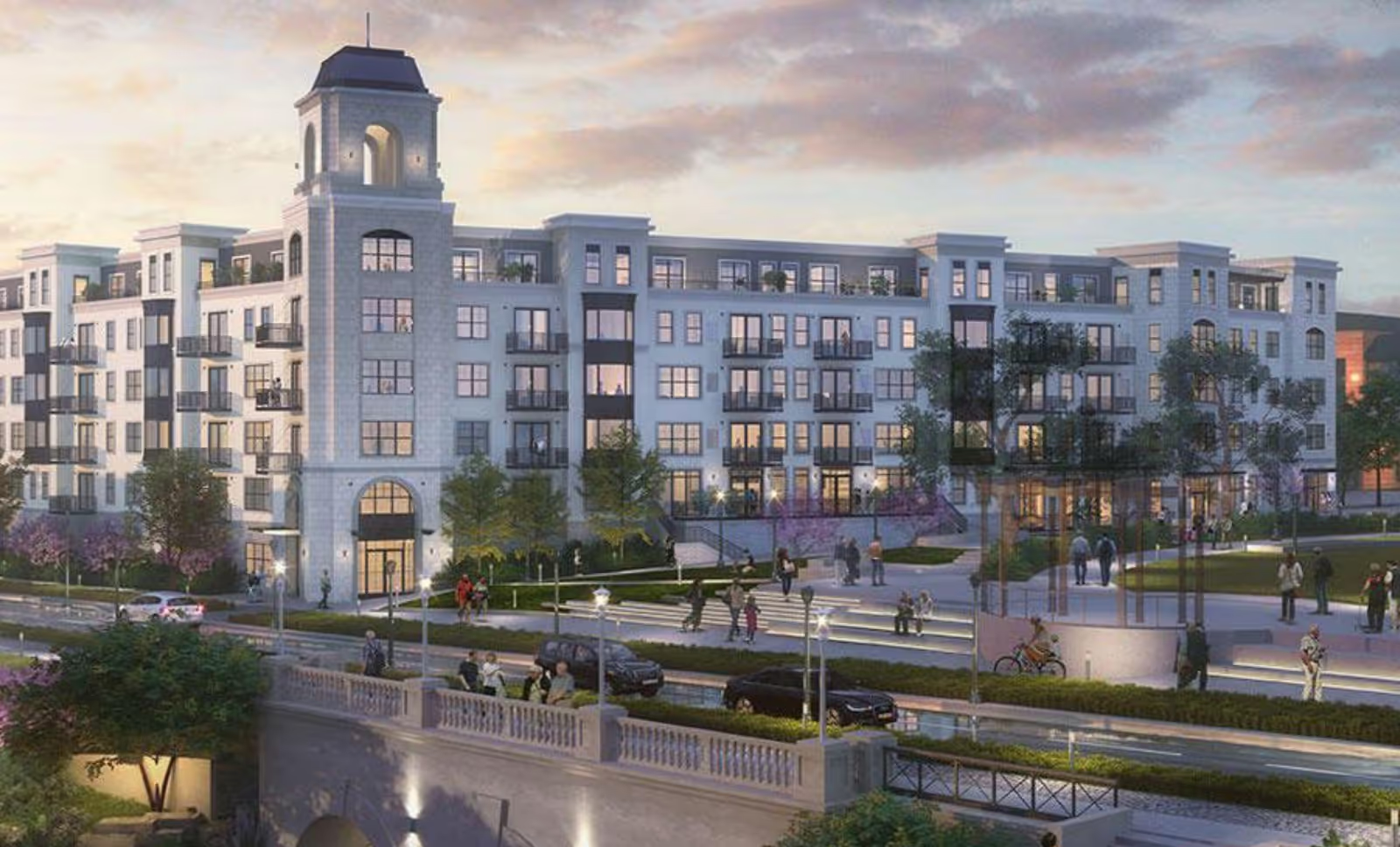Overall sentiment across the reviews is mixed but centers on two consistent themes: strongly positive impressions of frontline staff and a number of serious operational and safety concerns. Many reviewers repeatedly praise the caregivers and day-to-day staff — describing them as friendly, patient, knowledgeable, attentive, and supportive. Multiple comments note that staff are welcoming at move-in, provide personalized attention, are not rushed, and are available when needed. The small size of the community (described as intimate or home-like) is frequently cited as a benefit, allowing for individualized care, easy access to outdoor spaces, and a homier atmosphere than larger facilities. Dining and communal areas receive positive remarks as well: reviewers mention a nice, clean dining room with multiple meal options, three meals a day, and an activities calendar that includes outings and events. Practical features cited positively include pet policies, an attractive interior and courtyard, and convenient location and accessibility.
However, these positive aspects are counterbalanced by several serious and recurring negatives. The most alarming pattern is about memory care and safety: some reviews explicitly describe "extremely poor dementia care," allegations of staff neglect, and major hygiene/safety incidents including soiled clothing, fecal matter, unreported bruises, and falls. There are also reports that maintenance problems (bathroom leaks, wet floors, door magnet issues) were slow to be addressed, creating additional safety risks. A few reviewers reported tragic outcomes (residents moved to hospice or died shortly after transfer), which raises concerns for families seeking higher-acuity or dementia-specific care. These safety and care-quality concerns suggest variability in performance across units or shifts and highlight the importance of verifying dementia-specific capabilities before placement.
Management and administrative issues are another clear theme. Several reviews call out billing mismanagement: invoicing errors, overcharging allegations, disputed credits, and having statements redone. Some families felt pressured or "cheated" regarding pricing, with mentions of price-matching after a move and confusion over charges. These financial and administrative lapses were often tied to poor responsiveness from management and inconsistent communication with families. While caregiving staff are widely praised, administration and billing processes appear to be areas of weakness and concern, and a few reviewers explicitly describe the administration as "questionable."
Facility and amenity feedback is mixed. Multiple reviewers praise cleanliness and upkeep of common areas and the dining room, but other reviewers report inconsistent cleanliness and maintenance failures in resident rooms or personal care (soiled clothes, hygiene issues). The building is described as older and smaller, with correspondingly small resident rooms and limited in-room appliances (for example, a college-sized refrigerator and smaller kitchenettes). For some prospective residents and families this layout and size are desirable (cozy, intimate), but for others it falls short compared with larger communities that offer bigger apartments and more in-unit amenities. Weekend activity offerings were noted as limited by at least one reviewer, suggesting that programming may be stronger on weekdays than weekends.
Notable patterns and practical recommendations: (1) The staff-to-resident interactions are a major strength and frequently cited as the reason families recommend the community. (2) There is significant variability in reports about cleanliness, safety, and dementia care quality — indicating that experiences may depend on the specific resident needs, the unit, or staffing at particular times. (3) Administrative and billing processes have recurring issues and should be reviewed carefully prior to move-in. (4) The facility's small size is both a pro (personalized care, homelike feel) and a con (smaller rooms, fewer in-unit amenities, potentially limited resources for complex dementia care).
For families considering Bickford of Moline: arrange a tour and ask targeted questions—especially about dementia-care protocols, staffing ratios (including overnight), incident reporting and follow-up procedures, maintenance response times, and recent examples of how hygiene or safety concerns were resolved. Request a sample billing statement and the community’s policy for dispute resolution and credits. If dementia or higher-acuity medical needs are present, ask to speak with the memory-care director and request references from families whose loved ones have similar care needs. Finally, confirm apartment dimensions and appliance sizes in person and inquire about weekend programming if regular activities are important. The reviews suggest Bickford can be an excellent choice when caregiving staff meet residents’ needs and administrative issues are managed — but families should do focused due diligence around memory care, safety, and billing before committing.







